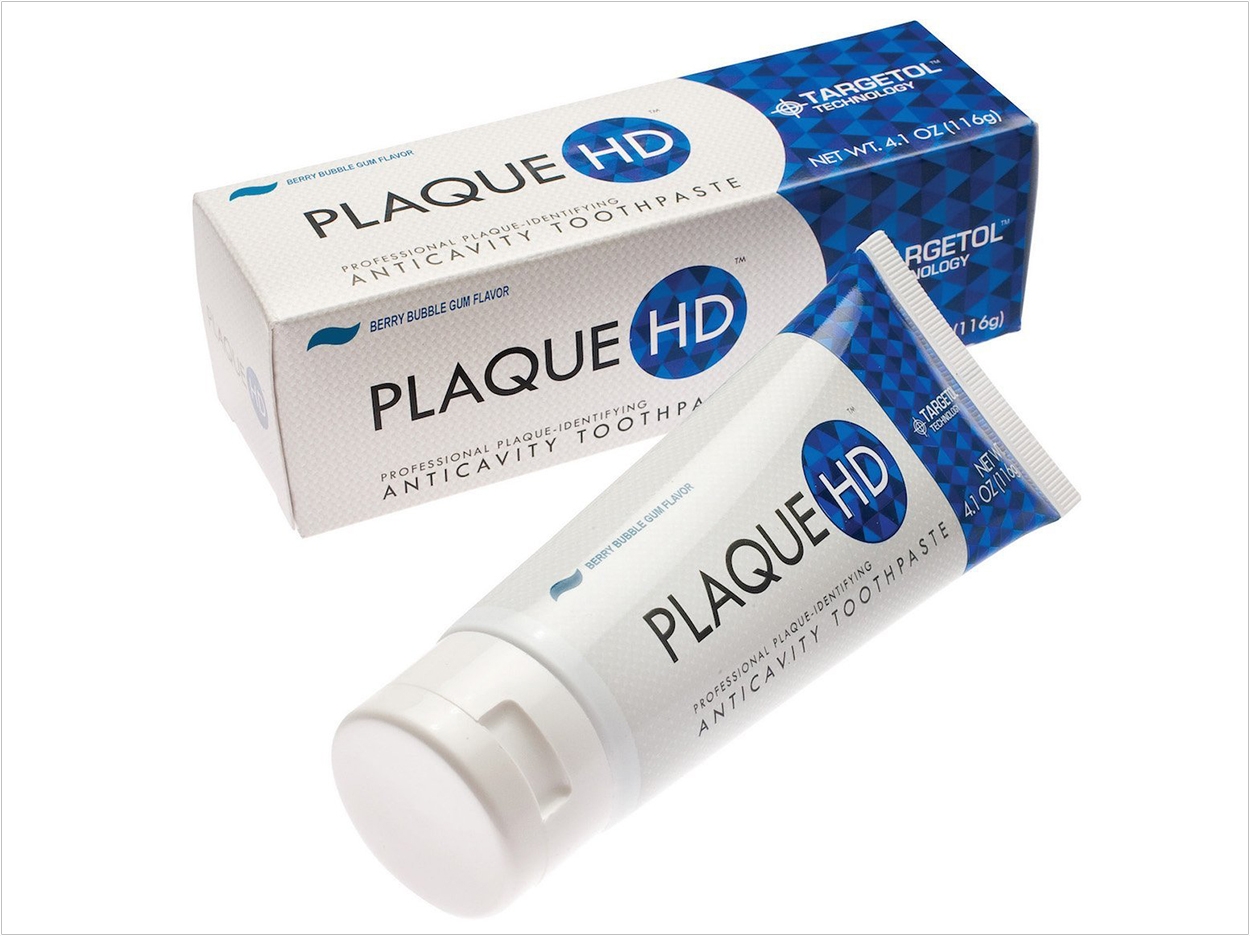
Research has suggested a link between oral health and inflammatory diseases affecting the entire body, including heart attacks and strokes. Inflammation is intimately involved in the pathogenesis of atherosclerosis and is accurately measured by high-sensitivity C-reactive protein (hs-CRP), a sensitive marker for future risks of heart attacks and strokes.
Now, researchers have found that Plaque HD toothpaste produces a statistically significant reduction in hs-CRP among subjects with elevated levels at baseline. Plaque HD identifies plaque so it can be removed with directed brushing. Also, it includes unique combinations and concentrations of cleaning agents that weaken the core of the plaque structure to help users visualize and more effectively remove the plaque, the researchers said.
In the study, all randomized subjects were given the same brushing protocol and received a 30-day supply of toothpaste including either Plaque HD or an identical non-plaque identifying placebo toothpaste. To assess hs-CRP, levels were measured by Quest Diagnostics using an enzyme linked immunosorbent assay.
“The current findings are similar to those from our previous pilot trial,” said Charles H. Hennekens, MD, DrPH, senior author, first Sir Richard Doll Professor, and senior academic advisor at Florida Atlantic University’s Schmidt College of Medicine.
“Whether this plaque-identifying toothpaste decreases heart attacks or strokes requires a large-scale randomized trial of sufficient size and duration. These results provide a stronger rationale to conduct such trials. If positive, the results of these trials would have a significant potential clinical and public health implications,” said Hennekens.
Based on these findings, the researchers are drafting an investigator-initiated research grant proposal for the National Institutes of Health. Their proposed randomized trial will test whether Plaque HD reduces progression of atherosclerosis in the coronary and carotid arteries, for which systemic inflammation is an important precursor.
According to the Centers for Disease Control and Prevention, 47.2% of American adults age 30 and older and more than 70% of adults 65 and older have some form of periodontal disease. Prior research has connected periodontal disease to heart disease, stroke, rheumatoid arthritis, and other inflammatory diseases. Inflammation throughout the body may be a crucial link between periodontal and other systemic diseases, the researchers said.
Related Articles
Studies Link Gum Disease With Stroke Risk
Consensus Report Emphasizes Links Between Periodontitis and Cardiovascular Diseases
High-Sugar Diet Linked to Periodontal Disease












